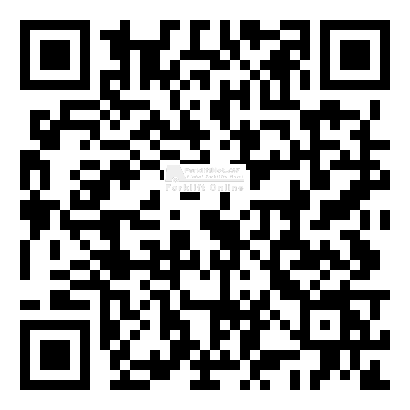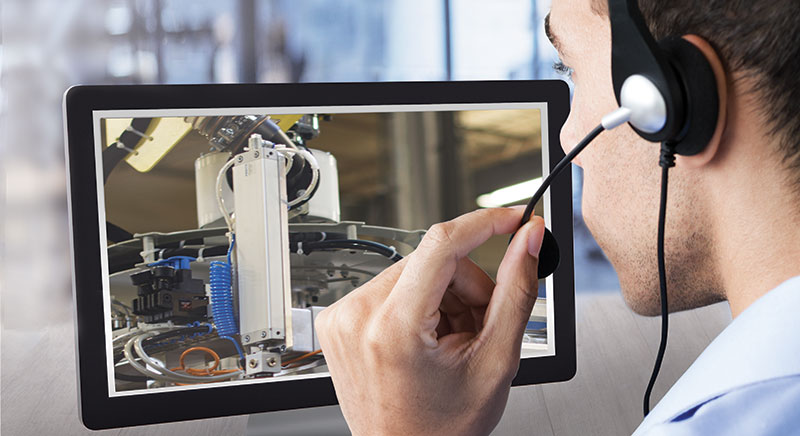Not to make too much of this, but there’s something going on in the digitization of maintenance. And it has some parallels to ...
Not to make too much of this, but there’s something going on in the digitization of maintenance. And it has some parallels to 2007, which was a big deal in the digital world.
That was when Apple launched the iPhone, Facebook and Twitter went global, Amazon released the Kindle, and the Cloud fell to earth. Not a bad year. But it wasn’t just the tech itself that was so important. These advances (and others) changed our lives because they were all way more interconnected than we ever imagined possible. Even the great recession in 2008 did nothing to derail any of those trends. Thomas Friedman published a book about it all called “Thank You for Being Late” in 2016.
Similarly in 2020, remote learning tools, augmented/virtual reality, tablets, smart glasses and more are emerging as the next leg in the move to digitization of maintenance from training to repairs. The pandemic is proving to be a strong catalyst, too. Meanwhile, the economy is really rough, yet seemingly encouraging maintenance’s move to digital with an eye on speed and cost effectiveness.
![]()
Techs no longer need to have all the answers. Smart glasses can send and receive data directly to remote experts who can augment a tech’s expertise in real time.
As John Rosenbergerof The Raymond Corp.says, “we are breaking through the inertia of ‘can digital work in maintenance’ to ‘this works really well, let’s go.’”
Digital training
To be fair, 2007 didn’t just happen. All those milestones were years in the making, just like what’s happening now in maintenance.
While the scale of what happened in the 2007 big picture dwarfs maintenance in 2020, the implications are the same. Specifically, digital tools and abundant interconnectedness are changing their respective worlds.
Let’s start at the beginning: maintenance training. Digital training is not new to materials handling. Augmented reality (AR)/virtual reality (VR) has been used for some time to train lift truck operators. In 2015, Forklift Simulator received an Innovation Award from MHI at ProMat for its VR training program. And since then, an estimated 10,000 operators have undergone various flavors of AR/VR training.
Bram Clincke is the founder of Forklift Simulator, the first of the digital training platforms for lift truck operators. He sees an easy migration of AR and VR technologies to maintenance tech training. The subjects may be different, he says, but the underpinning basics of how people learn are not.
Quite simply, they are both highly immersive and rely on game learning to motivate and speed along students’ understanding of the subject. “Students love to see how they compare against other students,” says Clincke. “This competition not only helps them to learn specific skills more quickly, but encourages them to find better ways to perform tasks.”
It’s worth noting that Clincke does not get hung up on the use of augmented versus virtual reality. While the two offer a different experience to the student, Clincke expects them to merge in the next couple of years, creating an even more enhanced immersive learning experience.
Perhaps just as important, Clincke is not alone in seeing a digital path for training. Consultants PwC and Intel, to name two, have recently released studies on the value of digital training of techs.
PwC expects overall VR training to be worth nearly $300 billion in 10 years. Meanwhile, it cites “improvements in process efficiency” in using VR to train maintenance techs.
Intel cites three enterprise benefits to digital training:
1、reduces training total cost of ownership,
2、increases trainee retention and motivation, and
3、increases training return on investment.
At this point, Raymond, Hyster and others are already using some form of digital training for techs. It’s important to note that digital is not replacing hands-on training. The common estimate is that digital accounts for as much as 80% of training with the balance being hands on.
Over at Hyster, Pat DeSutter, the company’s vice president of fleet service and aftermarket, sees a pivot to digital training of techs. He cites few barriers to using digital technologies and increased acceptance by all. “In addition to virtual classroom settings, the shift to more remotely supported, live-case, visual-based training is highly advantageous to the learning experience,” he explains.
“Digital training has taken off in the past three to four months due to Covid. You could say the five-year plan for the shift to digital tech training happened in March,” says Rod Payne, regional parts service manager for Raymond dealer Associated. “This is a sustainable change going from 95% in-person training to primarily virtual. I didn’t expect it to happen so quickly. I wasn’t even sold on it in the first place,” says Payne.
It’s worth noting, says Rosenberger, Raymond’s director of iWarehouse Gateway and global telematics, that AR is not all there is to digital training. “People tend to focus on the goggles, but there are also tablets, YouTube videos and other accessories that are part of the digital training of techs. And, it can all be done remotely as needed because the training systems are so interconnected.”
Rosenberger also notes that digital training does not generally have an age divide in it. “People of all ages are adapting to it. Gamification and who completes the course first appeals to everyone, not just younger people,” he explains.
Similarly, lift truck techs are not the only ones benefiting from digital training. System techs including ones who work on automated equipment are part of the mix, too, says Kevin Reader, director of business development and marketing at Knapp.







 粤公网安备 44010602003952号
粤公网安备 44010602003952号